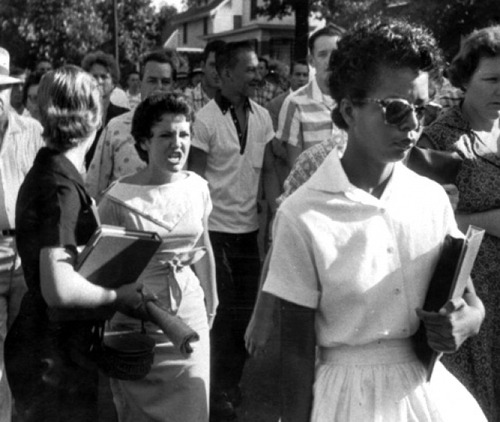Exiting the Church
One of things I love about my D.Min program is the wide variety of books I get to read. Many of the books assigned to us I wouldn’t naturally choose. This week’s book, Exit, Voice and Loyalty by Albert O. Hirschman is one of those books. Fortunately, my inclination to read or not read a book has nothing to do with the quality of it, because this was a great little book.
Hirschman writes about the various responses that customers/members have with regards to declining ‘product quality’ from an organization, be it a business or a political party. Basically, they can choose to express their frustration by exiting an organization or by voicing discontent. Each of those two options has its own benefits and drawbacks. An important factor that helps influence whether someone uses exit or voice is Hirschman’s third idea of ‘loyalty.’ He writes, “the presence of loyalty makes exit less likely, but does it, by the same token, give more scope to voice?” (pg77).
The more I’ve thought about this idea of exit, voice, and loyalty, the more I think it applies to the church at large and my church in particular. My church (Second Baptist) is a downtown church and our membership is scattered. We draw folks from over 5 cities and several counties. If someone comes to Second, it’s because they want to be there. They’ll, more than likely, drive pass 20 other Baptist churches to get to ours, and they’ll do it several times a week. That’s a lot of time, energy and money.
That begs the question, what’s created that loyalty? Most people would say it’s because of the type of Baptist we are. We don’t preach fire and brimstone. We’re known more for what we stand for than what we’re against. We believe that anything God can call and man for, he can call a women for. For Arkansas, we are a RARE breed of Baptist.
While I agree with that assessment, I think that view is somewhat limited. Yes, all of those things I said are true but I think we often forget the people who came before us, who made incredibly courageous decisions that could have easily shut the doors of our church (for instance our church made a courageous stand in the desegregation of LR Central High School, where we lost almost 1/3 of our membership). 
To me that stand illustrates Hirschman’s ‘Exit, Voice and Loyalty.” Some exited because the quality of our product (all white church) suffered. Some voiced dismay that our church would make that decision yet did not leave the church (and of course eventually had a change of heart). Those who stayed exhibited an extraordinary amount of loyalty.
So what about today? How do exit, voice and loyalty play a roll in our church and what’s the major take away?
1.) I get frustrated at times with people who are always so vocal about what they don’t like about the church. I need to shift my attitude a bit here. Yes, that voice can be annoying and yes that voice can be wrong. But, the fact they are actually voicing their thoughts can be a good sign. It means that they are loyal enough to say something rather than just exit. How can we create the best venue for people to have their voices heard and responded to? Is that enough to keep people from exiting? On the other side of the spectrum, how can we make sure this isn’t a case of the squeaky wheel getting the grease and therefore encouraging needless criticism and time and energy dealing with it?
2.) Since our church isn’t an easy church to be part of (because we’re downtown), what can we do to help create a loyalty to the church community? How can we draw people further into the community? Increasing loyalty will hopefully decrease an exit. Yes, creating loyalty to the institution would be one way, but what about increasing loyalty to the actual people we are in a community with? The thought of leaving relationships is probably much more troubling then leaving the actual institution itself.
3.) How does exit, voice and loyalty relate to the millennium generation? A generation that by all accounts is skeptical about institutions?
Leave a Reply
You must be logged in to post a comment.